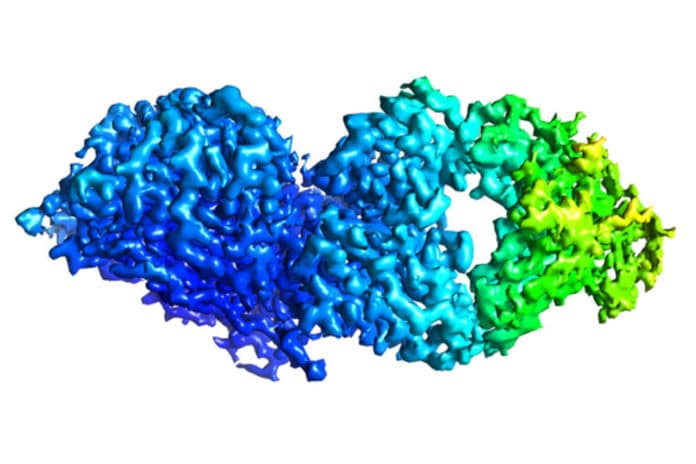Influenza — commonly known as the flu — is a respiratory infection caused by flu viruses. There are three main types of influenza: A, B, and C.
Like type A, influenza B is also highly contagious and can negatively affect your health in more severe cases. However, this form can only be spread from human to human. Type B influenza can cause seasonal outbreaks and can be transferred throughout the year.
The most widely used flu medication — Tamiflu — is approved to treat both kinds, but the drug is less effective for influenza B.
Both influenza A and influenza B viruses use the enzyme to cut themselves free from cells so they can go on and infect more cells. When neuraminidase is out of order, viral reproduction grinds to a halt.
Last year, scientists from the Washington University School of Medicine in St. Louis identified an antibody that protects mice from the flu by jamming up a critical viral enzyme known as neuraminidase. The antibody inactivated neuraminidases from a wide range of influenza A viruses and some influenza B viruses.
Co-senior author Ali Ellebedy, assistant professor of pathology and immunology at Washington University, said, “That antibody recognized neuraminidases from the older influenza B strains, but it didn’t recognize the enzyme from the influenza B strains that are circulating now. If we tried to make a drug based on that antibody alone, it wouldn’t work for most people with influenza caused by influenza B viruses. So we decided to look for antibodies that are broadly protective against influenza B viruses with the idea that we would combine them with the earlier antibody that protects against influenza A to get a broad-spectrum antiviral for influenza.”
In a new study, scientists identified two antibodies that protect mice against the influenza B virus’s lethal infections. Together with an antibody that targets the other significant kind of influenza virus that infect people — influenza A — these antibodies potentially could form the basis of a broad-spectrum flu drug that could treat almost all flu cases.
For this study, scientists obtained consent to take blood samples from a patient hospitalized with influenza B virus infection. They then separated antibody-producing cells from the patient’s blood.
Scientists then generated antibodies from the cells and analyzed them. They found seven different antibodies that targeted neuraminidase. Two of the antibodies — 1G05 and 2E01 — potently inhibited all neuraminidases from a diverse set of nine influenza B viruses.
In an experiment with mice, these antibodies protected mice against a lethal dose of influenza B virus.
Florian Krammer, a microbiology professor at Icahn School of Medicine at Mount Sinai, said, “Given their potency, I think these antibodies against influenza B – especially when combined with the antibody against influenza A – could form the basis for a new and more effective treatment for influenza virus infections, especially in children.”
Further analysis reveals that these antibodies neutralized neuraminidase by clogging up the part of the enzyme that cuts the virus loose from cells. The structural study of the interactions between the antibodies and the neuraminidases showed that each antibody interfered in a slightly different way, meaning that it would be especially challenging for the virus to evolve drug resistance to both of them once.
Ya-Nan Dai, a postdoctoral researcher in Fremont’s lab at Washington University, said, “There are some strains of influenza virus that have mutations that make them resistant to Tamiflu. We tested two of those resistant strains, and our antibodies inhibited both of them, so we think that these antibodies might be even more broadly protective than Tamiflu.”
Journal Reference:
- Madsen A et al. Human antibodies targeting influenza B virus neuraminidase active site are broadly protective. Immunity, 2020; DOI: 10.1016/j.immuni.2020.08.015
